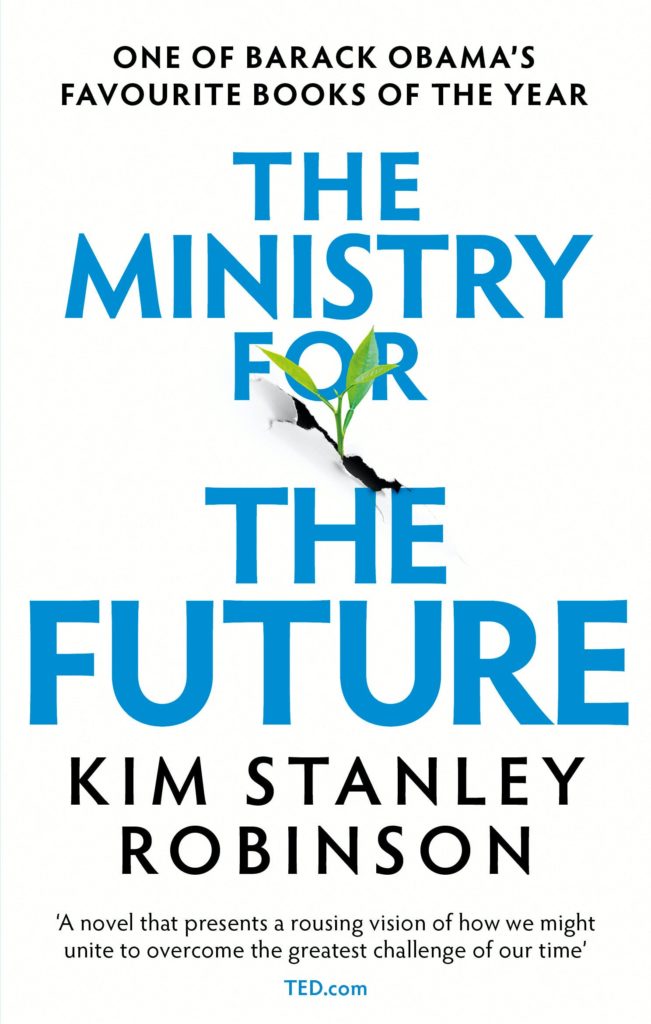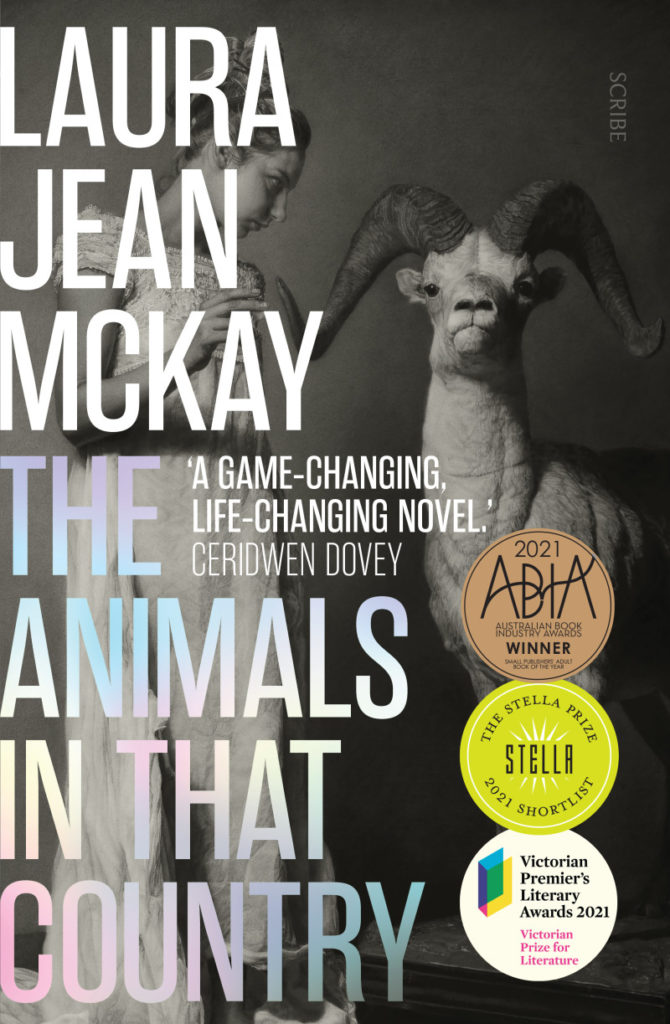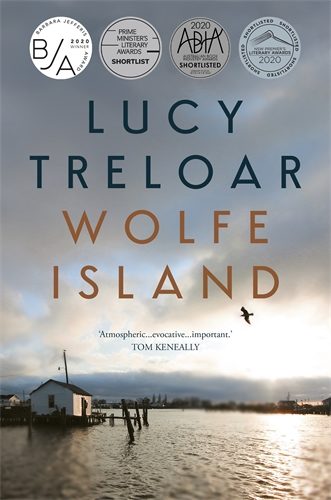FWA: Why is it important to be focussing on writing about environmental crisis now?
JB: Environmental crisis is the single biggest issue facing our society, and will shape every aspect of our lives for centuries. Giving shape to the ways it affects us, the intellectual, emotional and practical effects of it, is vital. But its effects also run deeper, altering and reshaping everything we think we know. Fiction offers a space in which it’s possible to explore these processes, to reimagine the world and our relationship to it, and just as importantly, to rethink what we are as writers, and what our writing is trying to do.
FWA: Can you recommend two or three recent novels that have been effective in rendering our environmental malaise with an indication of why they succeed?
JB: One of the really exciting things about the past few years has been the explosion in fiction grappling with the climate crisis and environmental issues. If I had to pick two or three, I’d probably recommend Kim Stanley Robinson’s The Ministry for the Future, Laura Jean McKay’s The Animals in that Country and Lucy Treloar’s Wolfe Island. But I’d also suggest taking a look at books like Alexis Wright’s The Swan Book, Annie Proulx’s Barkskins, Jenny Offill’s Weather, Sim Kern’s Depart! Depart! and Ali Smith’s amazing Seasons Quartet.
FWA: You write nonfiction as well as fiction dealing with the environment. How do those two disciplines interact?
That’s a really interesting question! With both my fiction and my non-fiction I’m usually writing because there’s something I need to understand, or think through, and the work lets me do that. With Clade it was about trying to imagine what living through climate catastrophe might feel like, and how reimagining our relationship to time makes space for political possibility, but with a number of my essays I’ve been trying to work out what I think about the likelihood of societal collapse, or what we actually do as individuals. Those two processes are different – with fiction it’s a much more imaginative, intuitive process, and the sorts of truths you end up with are mutable and complex, whereas with non-fiction you’re usually constructing an argument and marshalling evidence, or bearing witness in some way – but they feed off each other in useful ways.
FWA: What is the main thing you hope the students will take away from their participation in Writing Environmental Crisis?
JB: I hope the course will give them new ways of thinking about environmental crisis, and how we navigate it, by suggesting different perspectives on the origins of the crisis and what that means about how we respond to it. But I also hope it will equip them with a sense of some of the tools they might use to respond to the challenges of writing about the subject, and, perhaps most importantly, help them develop ways of thinking that resist despair.
Writing Environmental Crisis
with James Bradley
Online
6 October – 3 November
Wednesdays, 6.30-8.30pm



